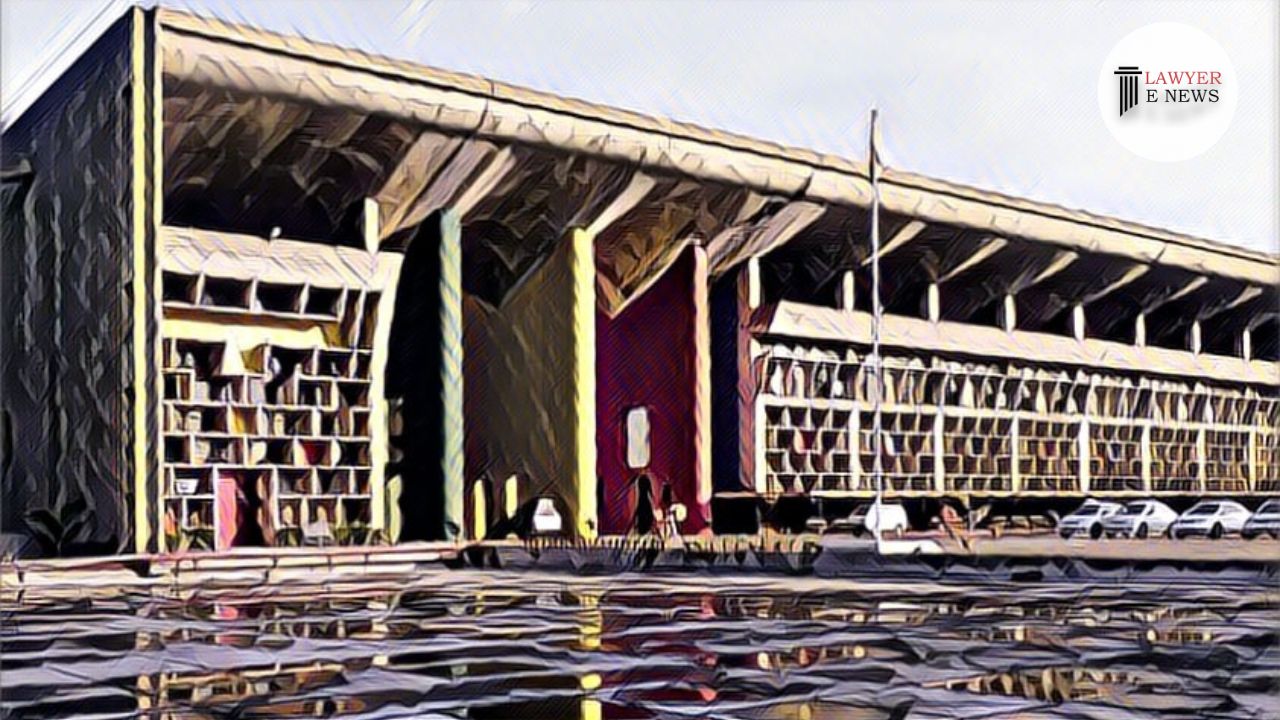-
by Admin
17 February 2026 4:27 AM



In a significant ruling that underscores the principles of personal liberty, the Punjab and Haryana High Court granted regular bail to an accused in a case involving possession of a narcotic substance. The Court's decision came in the case of Davinder Singh Alias Baba vs. State of Punjab, emphasizing the maxim that "bail is the rule and jail is the exception," a tenet established by the Supreme Court in its landmark judgments.
Justice Kuldeep Tiwari, presiding over the matter, allowed the bail application of the petitioner, who had been under arrest for over 7 months in connection with possession of Alprazolam, marginally higher than the commercial quantity defined under the Narcotics Drugs and Psychotropic Substances Act, 1985.
The petitioner, Davinder Singh, was initially granted interim bail but failed to reappear, leading to his proclamation as an offender and subsequent re-arrest. His counsel argued that Singh had not been involved in any other criminal activities of a similar nature during the interim period and had already faced considerable incarceration.
In his ruling, Justice Tiwari noted, "The right to a speedy trial is one of the rights of a detained person. However, while deciding the application for regular bail, the Courts shall also take into consideration the fundamental precept of criminal jurisprudence, which is 'the presumption of innocence', besides the gravity of offence(s) involved."
The Court further observed that the petitioner had already suffered incarceration for 07 months and 09 days, and most of the prosecution witnesses had been examined, justifying the grant of bail.
Date of Decision: January 25, 2024
DAVINDER SINGH ALIAS BABA VS STATE OF PUNJAB
